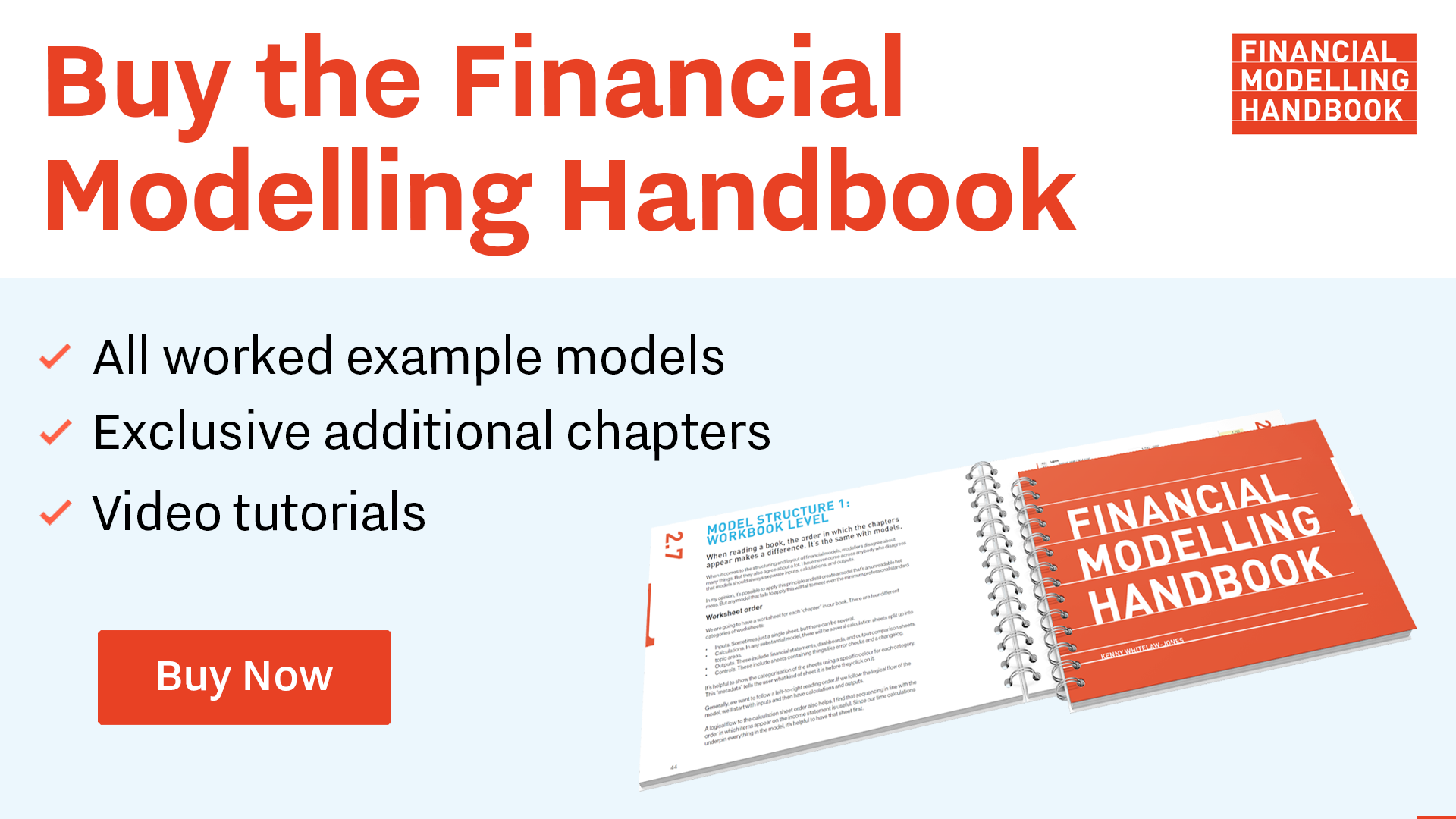A checklist of tax questions to ask
Whenever you are required to model corporate income tax, these are some of the questions you will want to ask
We will start our modelling by calculating Tax paid. To model this, we will need to know the jurisdiction-specific rules.
Here are a few useful questions you can ask:
- What is the corporate income tax rate?
- When are tax payments made?
- Are there any operating costs that cannot be deducted for tax?
- What are the rules around Tax depreciation? What are the different "asset classes"? What are the rules around the amount and timing of deduction for each asset class?
- What are the rules around debt interest deductibility? These rules may include Thin capitalisation rules, but there could be others.
- Tax loss carry forward. What level of losses can be maintained forward, and for how long?
I put these questions to the imaginary tax advisor I have engaged. Luckily she is an expert on the tax rules in our fictional jurisdiction.
MEMO
From: An imaginary tax advisor.
Re: Your made-up business
Dear Kenny,
Many thanks for your questions about the tax rules you should apply when modelling Aurelius Power.
Please find my responses below:
What is the corporate income tax rate? 15%
When are tax payments made? Tax payments are made quarterly.
Are there any operating costs that cannot be deducted for tax? There are a small number of items, such as corporate entertainment, that you cannot deduct for tax. However, looking at the list of costs you gave me, these are all deductible.
Tax depreciation. The assets in Aurelius Power would come under the heading Plant and Equipment. There is a beneficial accelerated tax depreciation rate for solar equipment of 5% per quarter on a declining balance basis.
What are the rules around debt interest deductibility? Thin capitalisation rules apply whereby companies can only deduct interest in respect of debt that falls within a 2:1 debt to equity ratio.
Tax losses. Negative Taxable profit can be carried forward indefinitely.

Comments
Sign in or become a Financial Modelling Handbook member to join the conversation.
Just enter your email below to get a log in link.